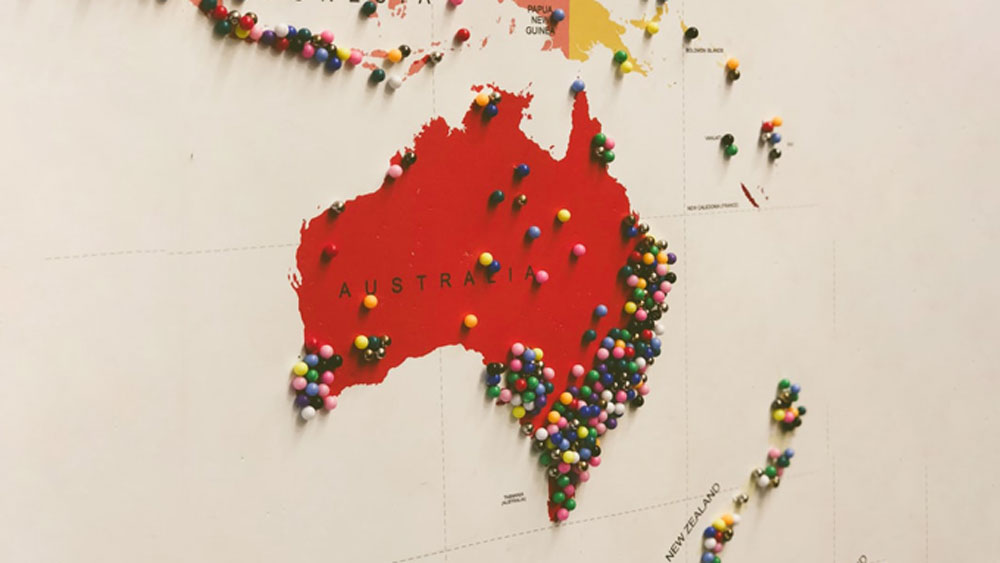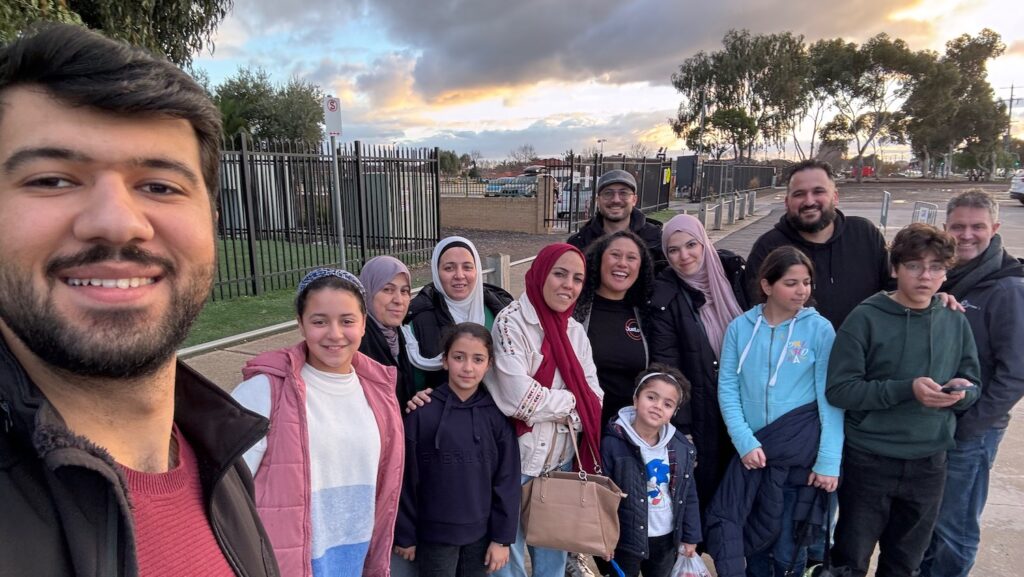Nearly 20 ADRA offices across Asia and the Pacific joined forces on November 19 to pilot a virtual humanitarian response to a simulated disaster over an intense four hours. The virtual tabletop exercise was born out of the need to re-imagine disaster response support in a time with limited travel due to the effect of COVID-19 restrictions.
“ADRA has experienced staff who have received specialist training for deployment in an emergency,” said Robert Patton, senior manager for Emergency Management at ADRA Australia. “Typically, both the training and the deployment of personnel require the physical presence of staff. This approach had to be modified in the COVID-19 environment.”
The purpose of the Emergency Response Team (ERT) in any deployment is to support the in-country staff requiring surge capacity on the ground. But in a time with restricted travel, ADRA began looking for ways that they could virtually provide surge capacity for in-country staff, and the tabletop exercise was created.
“The aim of the tabletop exercise was primarily to provide an opportunity for ERT members to practice virtual deployment, ensure preparation for the cyclone season in the South Pacific region, and trial the use of Microsoft Teams as a tool to manage a tabletop exercise,” Mr Patton said.
During the Tabletop Exercise, three ERTs were tasked with responding to flooding in a fictional land. The exercise, dubbed “Weeping Maiden” by those involved, virtually tested participants in all aspects of a real-life disaster response, including their ability to program responses, safeguard, collaborate with other organisations and provide up-to-date reports on the situation.
“It did not take long before I felt the support and capacity of my team kick-in to provide relief and respond appropriately to our ‘Weeping Maiden’ disaster,” said Emily Grose, the Emergency Response coordinator for one of the three ERTs. “It was both challenging and rewarding, testing my technical skills in emergency response as well as requiring quick adaption to familiarise in an online format. I gained a lot from the exercise and during the After Action Review, reflecting on the experience helped to bring out those key learnings.”
The After Action Review of the tabletop exercise gave both the control team and participants an opportunity to reflect and assess what worked well and what could be improved.
Michael Peach, the Regional Emergency Coordinator for the ADRA South Pacific Region, believes that the pilot will result in a replicable, cost-effective model that other regions within the ADRA Network can deliver in 2021.
“By all accounts the tabletop exercise was successful,” Mr Patton said. “All participants engaged and responded as intended for the duration of the tabletop exercise. It has given us a valuable foundation on which to further enhance and refine the exercise. The next step is to develop guidelines so that other regions can benefit from the learning of a tabletop exercise.”






